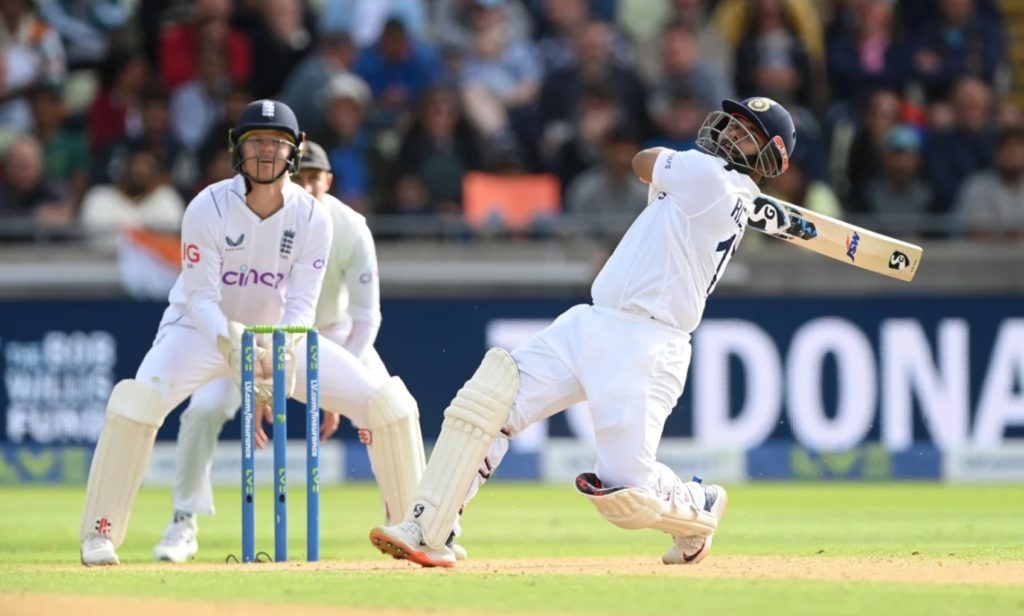It is done. India, England and Australia have taken full control of international cricket and ensured that it serves only their interests. It will fundamentally change the game for the worse, writes RYAN VREDE.
This started as a slow reach for the cookie jar that was initially met with gentle slaps of dissuasion from the then uncaptured International Cricket Council. But the governing body was systematically worn down by the constant insistence on cookies. Once they conceded an inch, the cries only got louder.
Gradually, the terrible triplets grew tired of having to ask, so they slowly wrestled decision-making power away from the game’s guardian. They promised they would share their cookies but gluttony consumed them, leaving only crumbs for the rest.
The “Big 3”, with a Future Tours Programme (FTP) that is completely geared for their on and off-field gain at the expense of everyone else, has affected a hostile takeover.
This power was achieved through two means: Firstly, wilful collusion, then later a financial model that gave them everything they wanted.
The Hindu best describes the collusion, writing: “The ICC has traditionally been run by cricket boards that had the biggest financial muscle. In the case of England and Australia, that was made muscular still by the veto vote. This set up a bunch of ‘lesser’ countries who were upset but powerless to do anything about it. In 1993, the veto was removed, and soon India began to emerge as the nerve centre of the game. The former veto powers were quick to realise on which side their bread was buttered. As Gideon Haigh wrote, ‘England and Australia could either collude in or face exclusion from (the new dispensation). Pragmatically, they chose collusion’.”
No one nation, nor, in this case, a toxic triumvirate, should own cricket. But they now do. Last year I detailed how they had captured cricket.
They now own it outright. With their ownership (but for an improbable uprising by the disenfranchised) they will also in time dominate all records, particularly in Test cricket thanks to the sheer amount of games they play relative to everyone else.
For example, Kagiso Rabada has shown himself to be untouchable in Test cricket in terms of taking wickets since his debut. No fast bowler can match him since 2015 (his debut year). He is 27 years old and in the prime of his career. This period will be marked by him playing just two Test matches in each of the next two seasons, four in 2024-25 and, none in 2025-26.
Rabada was on track to challenge Dale Steyn’s wicket-taking record (he currently has 248, in pursuit of Steyn’s 439). A tweet from renowned South African statistician Andrew Samson put into perspective what it would now take for Rabada to surpass Steyn. “Rabada takes 4.7 wickets per Test on average. At that rate he will need 41 more Tests to pass Steyn. SA has another 35 scheduled Tests in the FTP when Rabada will be 32. It won’t be easy with so few Tests available.”
More broadly it will likely mean that his legacy in Test cricket will be compromised. It is entirely conceivable that lesser seamers from India, Australia, and England could dwell in his company statistically by virtue of playing more games. They will be impostors in his company, but the record books don’t make provision for this context.
Rabada is not alone. Dean Elgar has been one of Test cricket’s most consistent performers in recent years. Statistically, he will retire with a record that doesn’t reflect his immense talent. This will be the case with Anrich Nortje, Keshav Maharaj and the young Marco Jansen, who is one of the most gifted South African all-rounders to emerge in the last decade.
It is a travesty.
The ICC lied about the impact of the FTP. ICC GM of cricket Wasim Khan said: “We are incredibly lucky to have three vibrant formats of the game, with an outstanding programme of ICC global events and strong bilateral and domestic cricket, and this FTP is designed to allow all cricket to flourish.”
It doesn’t allow all cricket to flourish. The FTP was designed to placate cricket’s “others”. There is no legitimate cricket reason that the Proteas will play 15 fewer Tests than England in the FTP. And if the ICC is committed to growing the game, how is it that Zimbabwe and Ireland play 23 and 31 fewer Tests than England respectively?
What can the rest of the cricket world do? Sadly, not much. They were forced to sign on to the FTP or risk financial ruin. There is no alternative league they can join and no revenue stream they can exploit that hasn’t already been monopolised by their masters.
They can only smile while they eat cookie crumbs from the floor.







